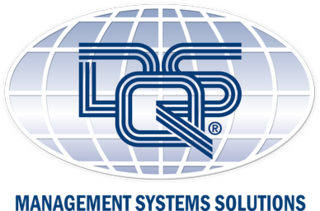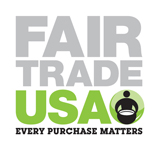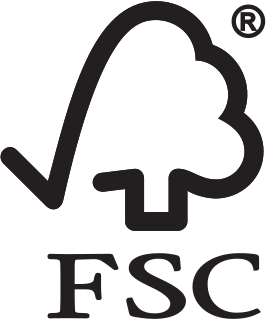 W
WAlbert is an environmental organisation aiming to encourage the TV and film production industry to reduce waste and its carbon footprint. Additionally, albert offers guidance on how to promote and discuss environmental issues in editorial content through an initiative called ‘Planet Placement’. albert began as a project at the BBC, in 2011 but was adopted by BAFTA early on.
 W
WThe Blue Flag is a certification by the Foundation for Environmental Education (FEE) that a beach, marina, or sustainable boating tourism operator meets its standards. The Blue Flag is a trademark owned by FEE which is a not-for-profit non-governmental organisation consisting of 65 organisations in 60 member countries.
 W
WDQS Holding GmbH based in Frankfurt am Main is the holding company of the worldwide DQS Group. The group provides assessments and certifications of management systems and processes of any type.
 W
WEcomark or Eco mark is a certification mark issued by the Bureau of Indian Standards to products conforming to a set of standards aimed at the least impact on the ecosystem. The marking scheme was started in 1991. One of the purposes of the mark is increasing awareness among the consumers towards reducing environment impact. The mark is issued to various product categories and the development of standards for more products is in progress.
 W
WThe Energy Saving Trust Recommended logo was a UK-based labelling and certification scheme for energy efficient products. A product that displays the logo shows that it met strict criteria on energy saving. The scheme was run by the Energy Saving Trust and was launched in 2000. The logo is registered with the UK Patent Office and could be used by manufacturers, retailers and suppliers to signpost consumers to best-in-class energy efficient products.
 W
WEnergy Star is a program run by the U.S. Environmental Protection Agency (EPA) and U.S. Department of Energy (DOE) that promotes energy efficiency. The program provides information on the energy consumption of products and devices using different standardized methods. The Energy Star label is found on more than 75 different certified product categories, homes, commercial buildings, and industrial plants.
 W
WThe EnergyGuide provides consumers in the United States information about the energy consumption, efficiency, and operating costs of appliances and consumer products. Clothes washers, dishwashers, refrigerators, freezers, televisions, water heaters, window air conditioners, mini split air conditioners, central air conditioners, furnaces, boilers, heat pumps, and other electronic appliances are all required to have EnergyGuide labels. The label must show the model number, the size, key features, and display largely a graph showing the annual operating cost in range with similar models, and the estimated yearly energy cost.
 W
WFair Trade USA, formerly "TransFair USA", is a 501(c)(3) non-profit organization that sets standards, certifies, and labels products that promote sustainable livelihoods for farmers and workers and protect the environment.
 W
WThe Forest Stewardship Council (FSC) is an international non-profit, multistakeholder organization established in 1993 that claims to promote responsible management of the world's forests. It is an example of a market-based certification program used as a transnational environmental policy.
 W
WThe Marine Stewardship Council (MSC) is an independent non-profit organization which sets a standard for sustainable fishing. Fisheries that wish to demonstrate they are well-managed and sustainable compared to the science-based MSC standard are assessed by a team of experts who are independent of both the fishery and the MSC. Seafood products can display the blue MSC ecolabel only if that seafood can be traced back through the supply chain to a fishery that has been certified against the MSC standard.
 W
WThe Non Polluting Vehicle mark is a mandatory certification mark required on all new motor vehicles sold in India. The mark certifies that the motor vehicle conforms to the relevant version of the Bharat Stage emission standards. This certification for a brand new vehicle has a limited validity of 6 months from the date of sale of the vehicle. After this, the vehicle has to be tested afresh. The vehicle is tested in the car companies garage during the years maintenance and a renewed certificate has to be obtained. The certificate thus issued on a used vehicle is the Pollution Under Control certificate. The sticker can be removed after the buying the vehicle.
 W
WTÜVs are German and Austrian businesses that provide vehicular inspection and product certification services. There are four of them: TÜV Nord in Hanover, TÜV SÜD in Munich, TÜV Rheinland in Cologne and TÜV Austria in Vienna.
 W
WTÜV Nord Group is a technical service provider with worldwide activities. Founded in 1869 and headquartered in Hanover, Germany, the Group employs more than 10,000 people in more than 70 countries of Europe, Asia, America and Africa. The Group is divided into the following operative brands and business units:TÜV Nord: Industrial Services, Mobility, Training, IT DMT: Engineering and Natural Resources Alter Technology: Aerospace